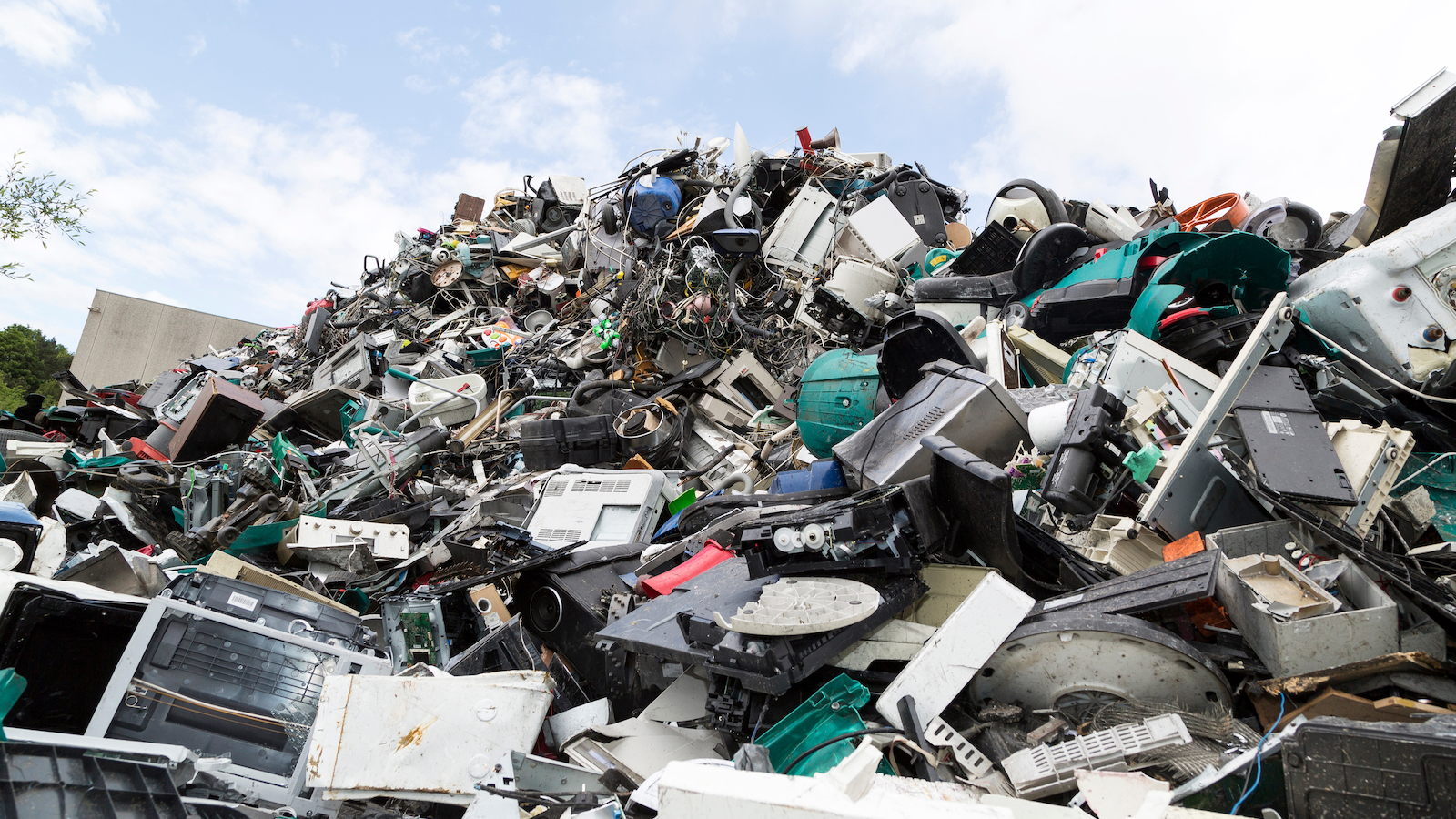On Dec. 28, 2022, New York’s Right to Repair bill was signed into law, and now, one year later, its requirements come into effect.
Here’s what that law means for consumers and repair shops in New York and around the country.
What products are covered by the New York Right to Repair law?
The New York Right to Repair law covers many personal electronics, such as cell phones, laptops and tablets — if they were first sold on or after July 1, 2023. Technically the bill covers all electronic products, with a host of exceptions, including:
- No medical equipment
- No motor vehicles
- No farm equipment
- No home alarm systems and police / emergency response equipment
- No commercial or industrial electrical equipment (such as transformers, remote power panels, etc)
- No e-bikes
- No product sold under a specific business to business or business to government contract
- No off road equipment, recreational vehicles and power tools
That leaves products such as:
- Smartphones
- Tablets and e-Readers
- Laptops and desktops
- Monitors
- Drones
- Video game consoles*
- Televisions and home audio equipment
- Any commercial electronics that don’t require a special contract
*Video game consoles are included, but the bill notes that manufacturers of consoles do not have to share materials “in a manner that is inconsistent with or in violation of any federal law,” the exact implications of which remain to be determined.
What do manufacturers have to provide?
Generally speaking, manufacturers are required to openly share any spare parts, repair tools or service documentation they share with their authorized repair partners, on “fair and reasonable terms.” If they fail to, the Attorney General of New York can fine them.
More specifically, manufacturers have to make available:
- Parts. Any parts, or “assembly of parts,” supplied to a manufacturers’ authorized repairers for repair jobs must be sold to independent shops or device owners — and provided without “substantial obligation or restriction” such as requiring the shop to sign an invasive contract with the manufacturer.
- Tools. A tool is defined as any “software program, hardware implement, or other apparatus” used in the repair process — including those needed to pair or calibrate a new part in order to return the device to “fully functional condition.” Software tools must be provided free of charge, and physical tools must be sold at the “reasonable, actual costs of procuring, preparing and sending such tool.”
- Documentation. Manufacturers are required to provide access to “any manual, diagram, reporting output, service code description, schematic diagram, or similar kinds of information required for effecting the services of diagnosis, maintenance, or repair of digital electronic equipment.” This information is to be free of charge, unless requested in a physical format.
Next up: Enforcement begins as other states loom
Starting on Dec. 28, manufacturers who violate the Fair Repair Law could face enforcement action from New York Attorney General Letitia James.
If you feel that you have experienced a violation of this law, you can file a complaint with the Attorney General.
Because industry lobbyists were able to insert some caveats into the law at the last minutes (you can read the full story here), there might be some gray area around what ends up as a clear violation. Fortunately, most of these confusing sections were not included in California or Minnesota laws, both set to take effect in July, 2024. Because of that, manufacturers might decide to roll out more complete programs on Dec. 28, so they will not have to make additional changes again in July.
Already, Apple has announced a public release of their diagnostic software, and Google and others are making resources available for customers seeking independent repair. Expect more announcements from companies in the coming days.
